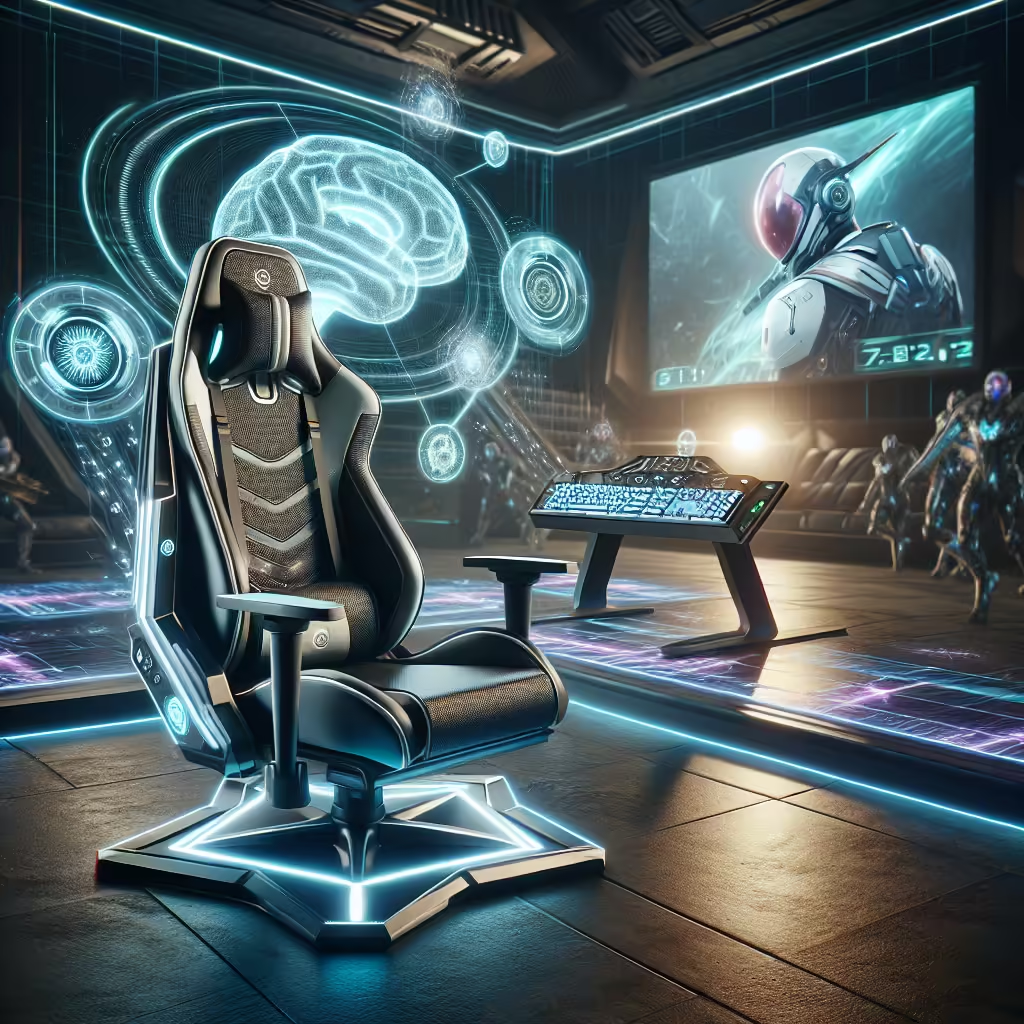Gaming as Therapy: Raye’s Secret to Managing Her Busy Life
In a world that moves at lightning speed, balancing a hectic lifestyle can be a daunting task. For many, the search for effective stress relief leads to various outlets, with one surprisingly popular method emerging: gaming. Raye, a young artist and game enthusiast, has discovered that gaming is not just a form of entertainment for her; it serves as vital therapy in navigating the complexities of daily life.
The Therapeutic Benefits of Gaming
Gaming has evolved significantly in recent years, shifting from a niche hobby to a widely recognized form of therapy. Here are some of the therapeutic benefits of gaming that Raye has experienced:
- Stress Relief: Engaging in the immersive world of video games provides a distraction from everyday stresses, allowing players to escape and unwind.
- Social Connections: Multiplayer games foster relationships and improve communication skills, linking players through shared experiences.
- Cognitive Skills Development: Many games require strategic thinking, problem-solving, and quick decision-making, contributing to cognitive growth.
- Emotional Resilience: Overcoming challenges in games can build a player’s confidence and emotional strength, providing motivation to tackle real-life obstacles.
Raye’s Journey: From Chaos to Control
Raye, who balances a demanding career with her passion for art, found herself overwhelmed and anxious. Seeking a solution, she turned to gaming, hoping to find an effective escape. What began as a casual pastime soon evolved into a crucial component of her mental well-being.
Finding Balance in a Fast-Paced World
Like many, Raye faced the challenges of modern life, juggling work commitments, social obligations, and personal goals. The constant pressure to perform can lead to burnout; however, Raye found solace in her favorite video games.
- Creating Boundaries: Raye emphasizes the importance of setting time limits on gaming to ensure that it remains a healthy outlet rather than an obsession.
- Prioritizing Self-Care: She incorporates gaming into her self-care routine, treating it as a vital break amid her busy schedule.
- Choosing the Right Games: Raye selects games that not only entertain but also provide relaxation and satisfaction, creating a sense of accomplishment.
The Role of Community and Connection
Gaming has the unique ability to create vibrant, supportive communities. Raye actively participates in online gaming groups and forums, sharing her experiences with others who face similar challenges.
Building Sustainable Connections
Through her engagement in online gaming, Raye has discovered friendships that transcend the digital world. This sense of belonging has helped her to cultivate a supportive network that enhances her mental health.
- Feeling Understood: Being part of a community of fellow gamers provides a feeling of understanding and acceptance.
- Sharing Experiences: Raye enjoys the exchange of strategies and tips within the community, reinforcing the social aspect of gaming.
- Encouragement: Friends within her gaming circles offer support during challenging times, fostering a sense of camaraderie.
Games That Help: Raye’s Favorites
Not all games serve therapeutic purposes equally. Raye has a selection of games that she finds particularly beneficial for stress relief and emotional support:
- Animal Crossing: This charming life simulation game allows players to create their own island paradise, providing a calming environment to escape to.
- The Sims: Raye enjoys orchestrating her own virtual life, as it helps her reflect on her real-life choices and improves her problem-solving skills.
- Stardew Valley: A farming simulation game that promotes relaxation through routine tasks, ranging from farming to fishing and crafting.
- Journey: This visually stunning game emphasizes exploration and connection, imparting a sense of tranquility that resonates with players.
Recognizing the Signs: Is Gaming Therapy Right for You?
For those intrigued by the concept of gaming as therapy, it’s crucial to assess personal habits and willingness to engage effectively. Here are some key indicators that gaming might benefit you:
- Difficulty Managing Stress: If you find it hard to disconnect from everyday pressures, gaming could provide a refreshing outlet.
- Need for Social Interaction: If social engagements are challenging, gaming in a community setting may offer a more comfortable alternative.
- Seeking Cognitive Challenges: Many games demand critical thinking and problem-solving, which can enhance mental agility.
Conclusion: Finding Your Game
As Raye has demonstrated, gaming can serve as a practical tool for enhanced mental health and well-being. The journey through the digital landscapes can provide more than just entertainment; it allows individuals to unwind, connect, and grow.
Ultimately, the key is finding the right balance between gaming and other life responsibilities. By recognizing its potential as a therapeutic outlet, anyone can harness the power of gaming to cultivate a more fulfilling, less stressful life.
So, if you’re looking for a way to relieve stress and bring joy amid the whirlwind of daily life, consider exploring the vibrant world of gaming—it just might be the therapy you didn’t know you needed.



